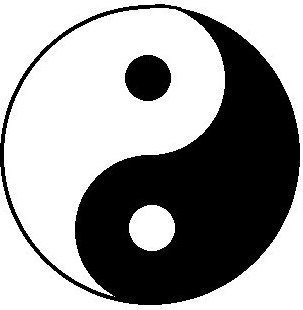Tai chi benefits in Parkinson’s disease
 Patients with Parkinson’s disease have impaired balance, which affects function and increases the risk of falling. Exercise is routinely encouraged by healthcare providers, but few programs have been proven effective.
Patients with Parkinson’s disease have impaired balance, which affects function and increases the risk of falling. Exercise is routinely encouraged by healthcare providers, but few programs have been proven effective.
Researchers at the Oregon Research Institute, in Eugene, studied whether a tailored tai chi program could improve postural control in patients with Parkinson’s disease.
First, the details.
- 195 patients with stage 1 to 4 Parkinson’s disease on the Hoehn and Yahr staging scale (range from 1 to 5, with higher stages indicating more severe disease) were randomly assigned to a treatment group
- Tai chi
- Resistance training
- Stretching
- The patients participated in 60-minute exercise sessions twice weekly for 24 weeks.
- Stability, gait, strength, scores on functional-reach and timed up-and-go tests, motor scores, and number of falls were recorded.
And, the results.
- The tai chi group performed consistently better than the resistance training and stretching groups in the following areas.
- Maximum excursion
- Directional control
- Stride length
- Functional reach
- Tai chi lowered the incidence of falls vs stretching but not compared with resistance training.
- The effects of tai chi training were maintained at 3 months after the intervention.
- No serious adverse events were observed.
The bottom line?
The authors concluded, “Tai chi training appears to reduce balance impairments in patients with mild-to-moderate Parkinson’s disease, with additional benefits of improved functional capacity and reduced falls.”
Several years ago, Professor Ernst recommended, “Further research… to investigate whether there are specific benefits of tai chi for people with Parkinson’s disease, such as its potential effect on balance and on the frequency of falls.”
Now we have evidence.
2/20/12 20:10 JR